Meet Qiuhao, China’s Answer to Phoebe Philo
- Oops!Something went wrong.Please try again later.
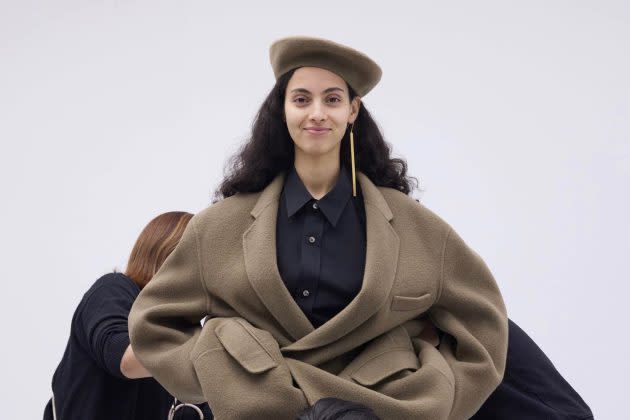
Qiu Hao, who founded his namesake brand Qiuhao 21 years ago, has only produced one collection so far, but with 38 iterations.
“I’ve been polishing and perfecting the same collection, the same pattern for the last 21 years. It’s about consistency,” Qiu said of his womenswear label based in Shanghai, which he organizes not by seasons but numerically.
More from WWD
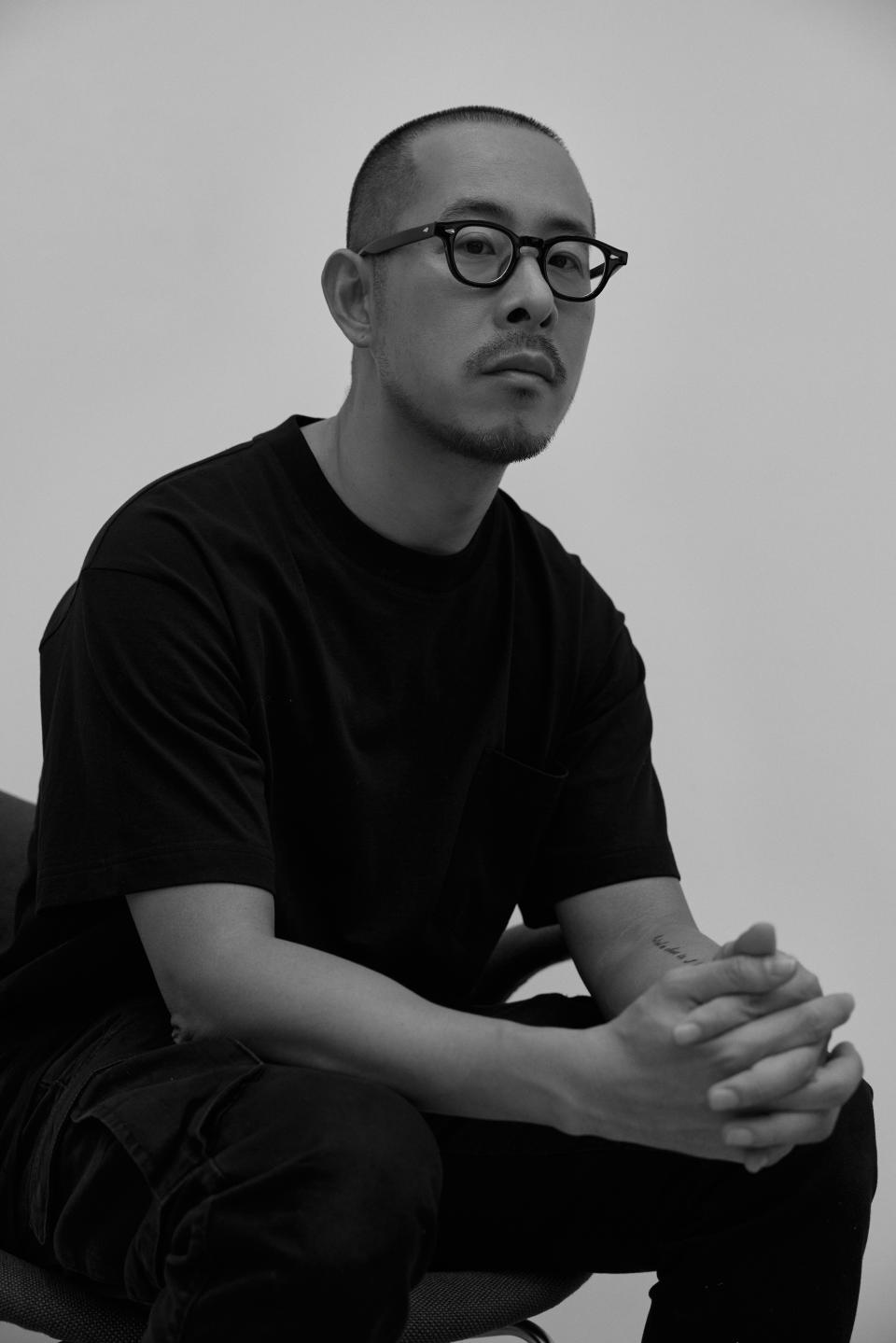
Qiu, who uses the finest wool, silk and other natural materials from all over the world, caters to the kind of woman who can command a room, has discerning taste and is not afraid to unveil a softer side of herself. One wouldn’t be surprised to see Phoebe Philo or The Row in their wardrobes.
“I always say that I don’t ask me about my inspiration, I even have it tattoed on my arm,” added the soft-spoken Qiu, as if always lost in thoughts.
“The design itself is self-explanatory because it comes from my personal experience in life; it’s an amalgamation of the five senses,” Qiu added.
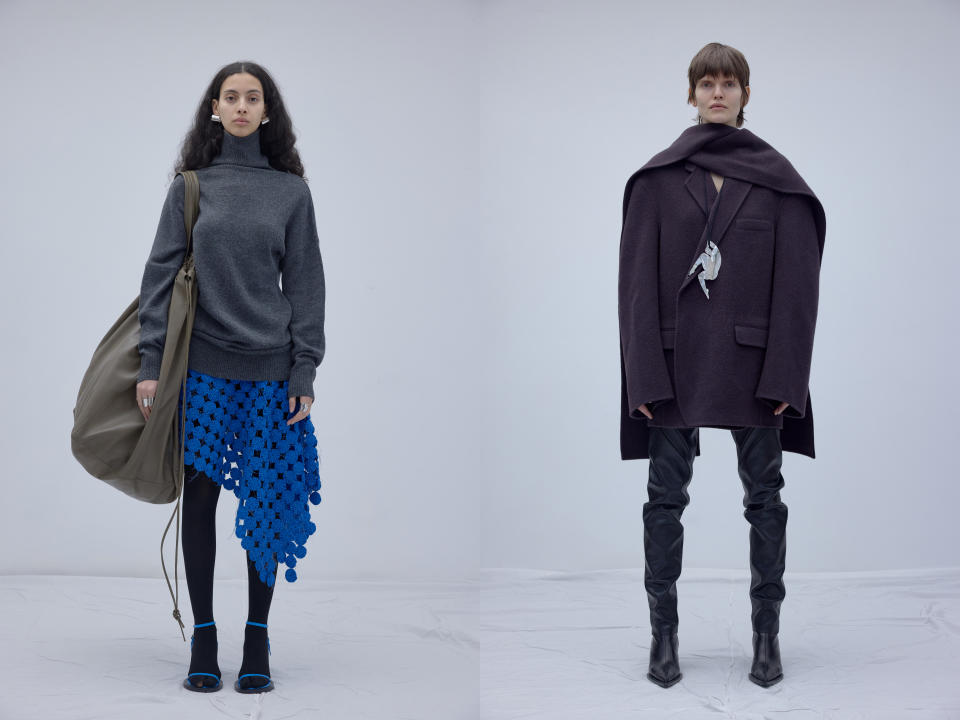
In his most recent collections, a personal touch can be felt in products that reveal a slice of an examined life: an intricate yoyo-quilt asymmetrical skirt (collection 38), a wrap dress that frames the body into a Noguchi lamp (collection 37), a leather tote bag with ikebana silhouettes (collection 29), a silver necklace made to resemble a strand of baroque pearls (collection 38) or his recent perfume collection, one that he created with his boyfriend and business partner, Jun Huang, that came with names like “Wind Blows,” “No Man’s Island” and “Lover’s Hug.”
At 46 years old, Qiu looks youthful enough to blend into the eager crowd of young creatives in the downtown Shanghai scene. Still, his career trajectory, one that includes an atypical retail experience and an early rise to fame, was ultimately a story of navigating the market with care and determination.
After graduating from Suzhou University with a degree in spatial design, Qiu launched a commercial womenswear brand in 2003 with his business partner Chuqiao Wang. Right after the SARS outbreak, he took advantage of vacant storefronts and set up a multibrand retail store that showcased the works of his fellow designer friends. He kept the lights on from 5 p.m. to 2 a.m., an odd practice that helped him attract the local fashion crowd.
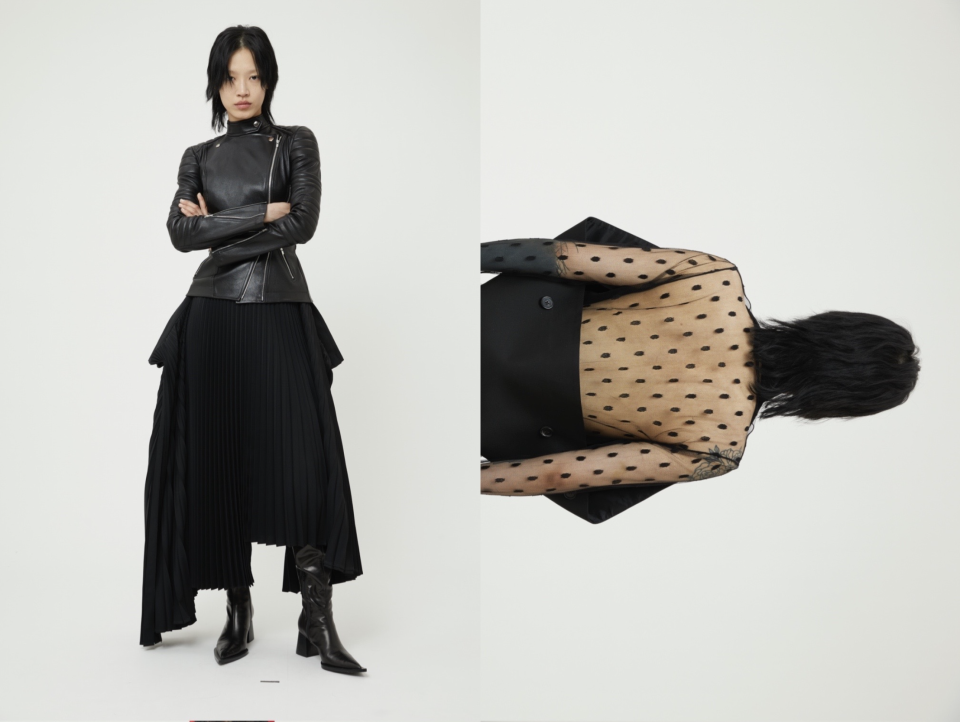
When Qiu parted ways with his business partner a year later, he also said goodbye to his career as a designer for a mainstream fashion brand and went on to pursue a degree studying womenswear under the formidable Louise Wilson at Central Saint Martins.
He clashed with Wilson — a rite of passage — and received guidance from Phoebe Philo, who briefly returned to her alma mater as a tutor after leaving Chloé.
“She told me that I had found my design language already but that I should try and play with elements that I don’t like. She said that if you kept on doing what you fancied, you would get pigeonholed,” said Qiu, who recalled Philo suggesting he play with a bundle of shiny leather. “It was her way of conveying the incongruent,” Qiu said.
Qiu got his big break early on when he became the first and — so far the only — Chinese winner of the International Woolmark Prize in 2008.
But Qiu was not interested in life in the limelight, so when he returned home, he got a new telephone number and went fully incognito. He became hyper-focused on building a new brand with a small team of six employees, a format he kept for almost 20 years.
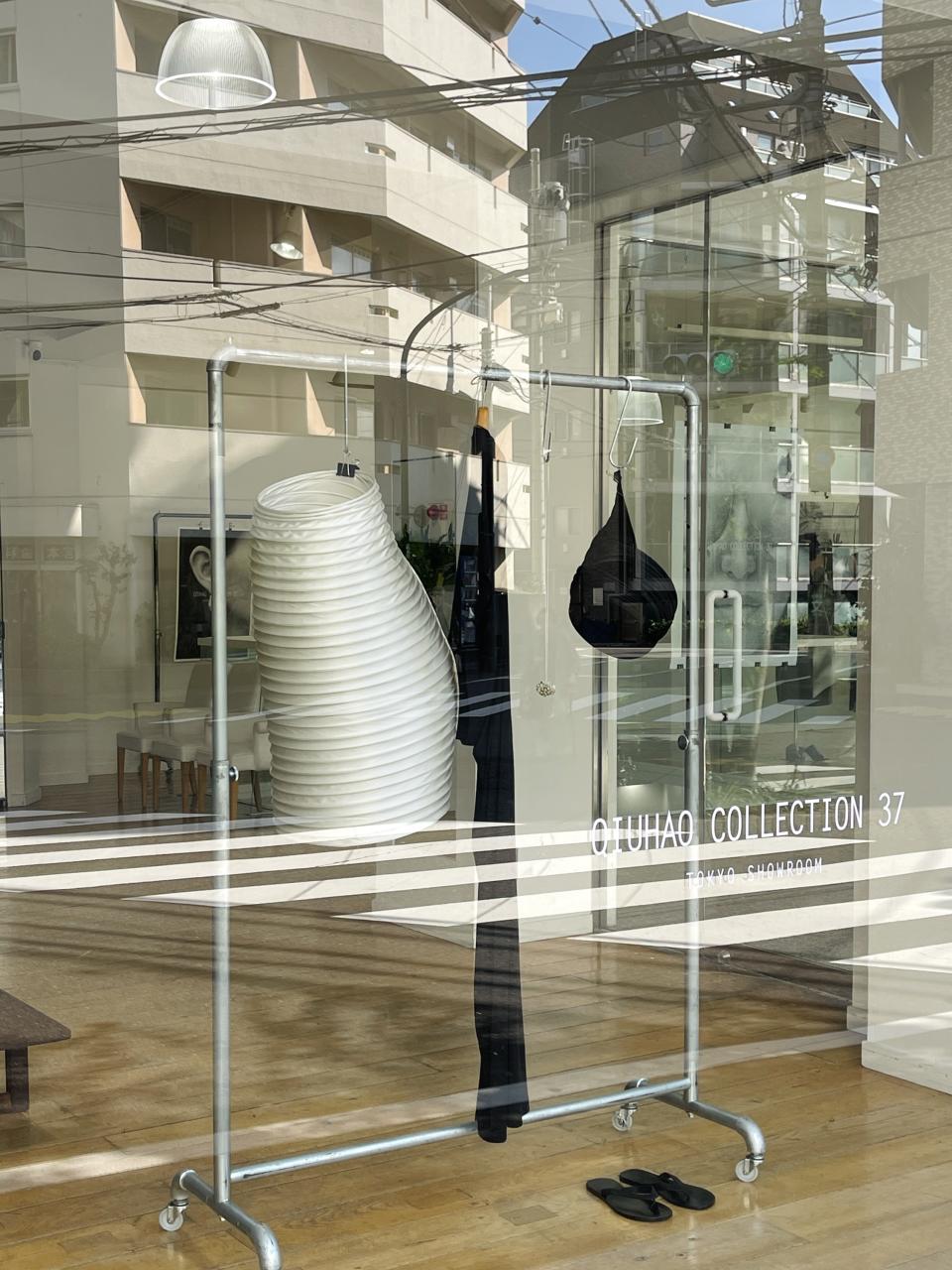
A contemporary of Uma Wang, Ziggy Chen, and ZucZug‘s Wang Yiyang, Qiu was among the first wave of Chinese designers to navigate a nascent market.
“It was a time when people didn’t believe in independent designer brands at all, but I didn’t want to fight it. I looked inward, found a way to exist, and continued to do what I was good at to prove them wrong,” Qiu said.
For the past 10 years, Qiu’s team has been based in a waterfront office in a historical establishment by The Bund. There, he began building the current version of the brand, one built on intuition, rigorous workshopping with a small team and, ultimately, controlled chaos.
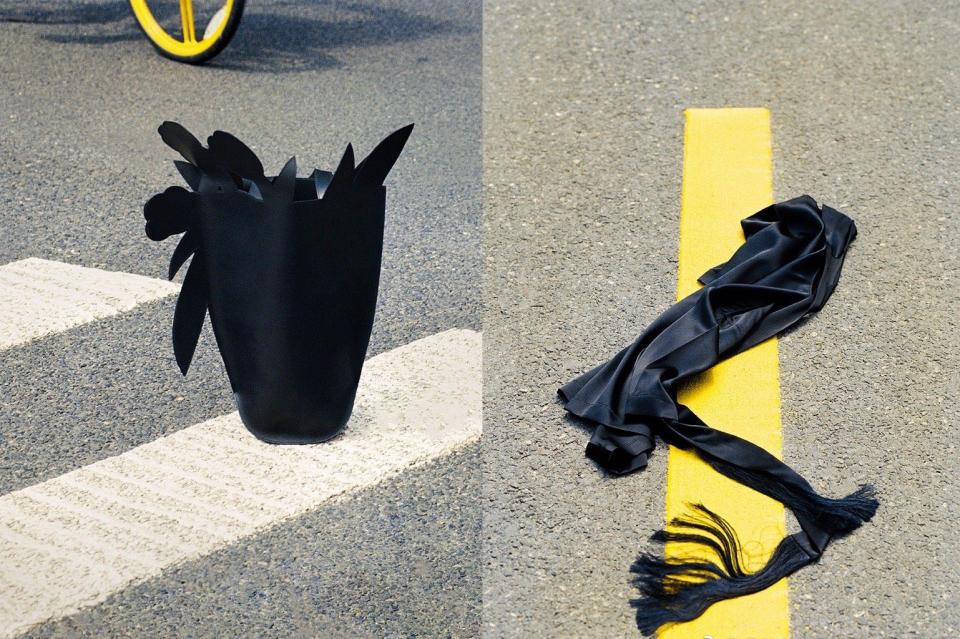
“It usually starts with the arrival of a piece of fabric — if I think the fabric will be perfect for the coat, I make the coat, then build a look around it,” Qiu said. “My principle is if my colleagues don’t want to wear it, then we decide against it. We keep it a little like how being a student at school.
“I think my unstructured creative process happens to reflect an oriental philosophy of formless beauty,” Qiu said. “But always within control,” he added.
“I say now that the only fun I have with fashion nowadays is selecting fabrics that are getting so expensive. My studio manager hates me for it,” Qiu said jokingly.
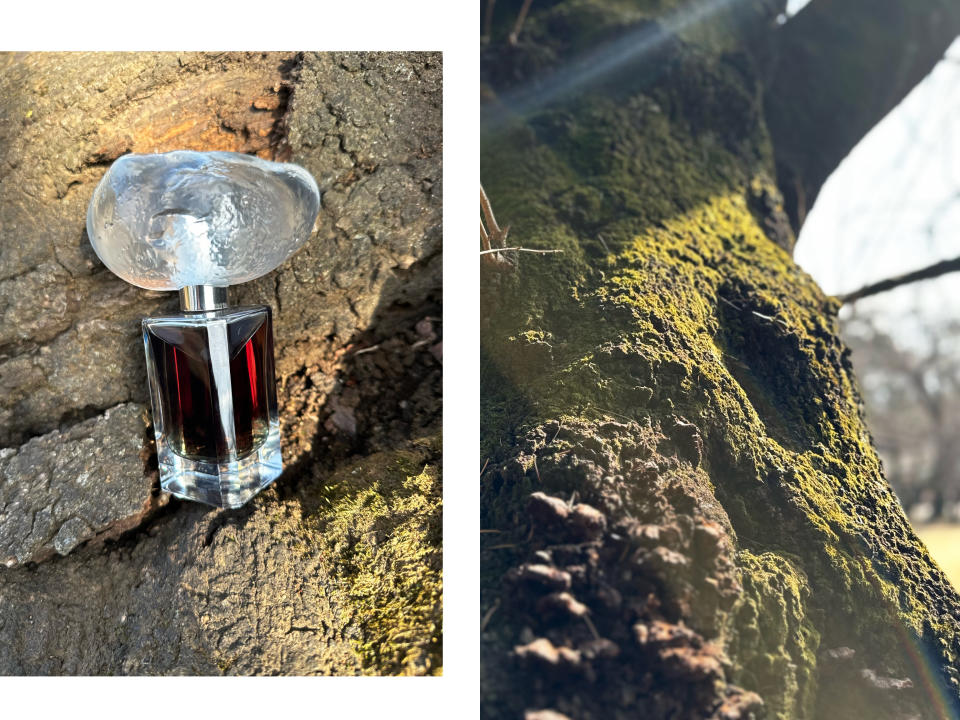
Qiu, who has a personal relationship with most of his loyal clients, shies away from PR and marketing, particularly celebrity endorsement.
“It’s simply because I don’t want to deal with inventory pressure and I don’t like socializing,” Qiu said admittedly. “But on the flip side, this means we can save energy, save budget, save time and make sure we get the product right.”
“Without the noise that celebrities create, I also manage to keep close to my clients who have generously tolerated me for over 10 years,” added Qiu.
In the last decade, Qiu has steadily expanded his foray into fashion accessories, leather goods, footwear and fragrance. For fall 2024, Qiu included a pair of heeled tabi in his design, which Qiu he said is more forgiving on the toe gap, due to its one-piece sole construction.
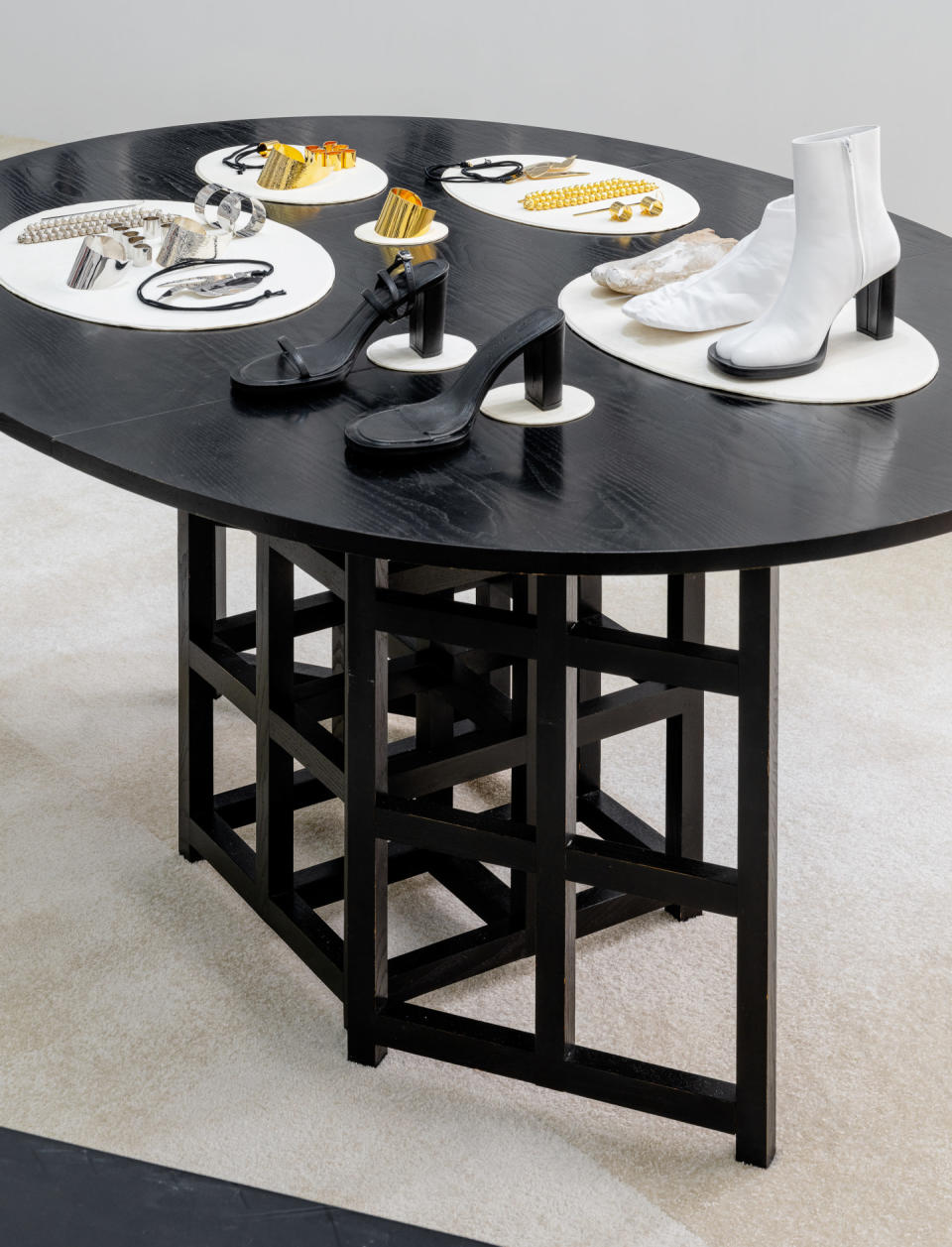
As a fashionable shoe design popularized by Martin Margiela, Qiu instead sees them as a form of rebellion against corporate dominance.
“People will think I am ripping off Margiela’s design, but that’s just what the marketing world tells us nowadays,” Qiu said.
Qiu’s pieces, which range from 3,000 renminbi, or $414, to 160,000 renminbi, or $22,100, can be found at around 20 doors across mainland China, including the prestigious retailer SKP.
“I think most buyer shops in China are not that professional, some of them are like personal shoppers, so not running a real business,” added Qiu of his rationale for keeping small distribution.
“I rejected an order from a buyer who only picked tops because they thought our trousers and skirts were too expensive. I simply told them it doesn’t work that way, our tops will never go with cheaper bottoms,” added Qiu.
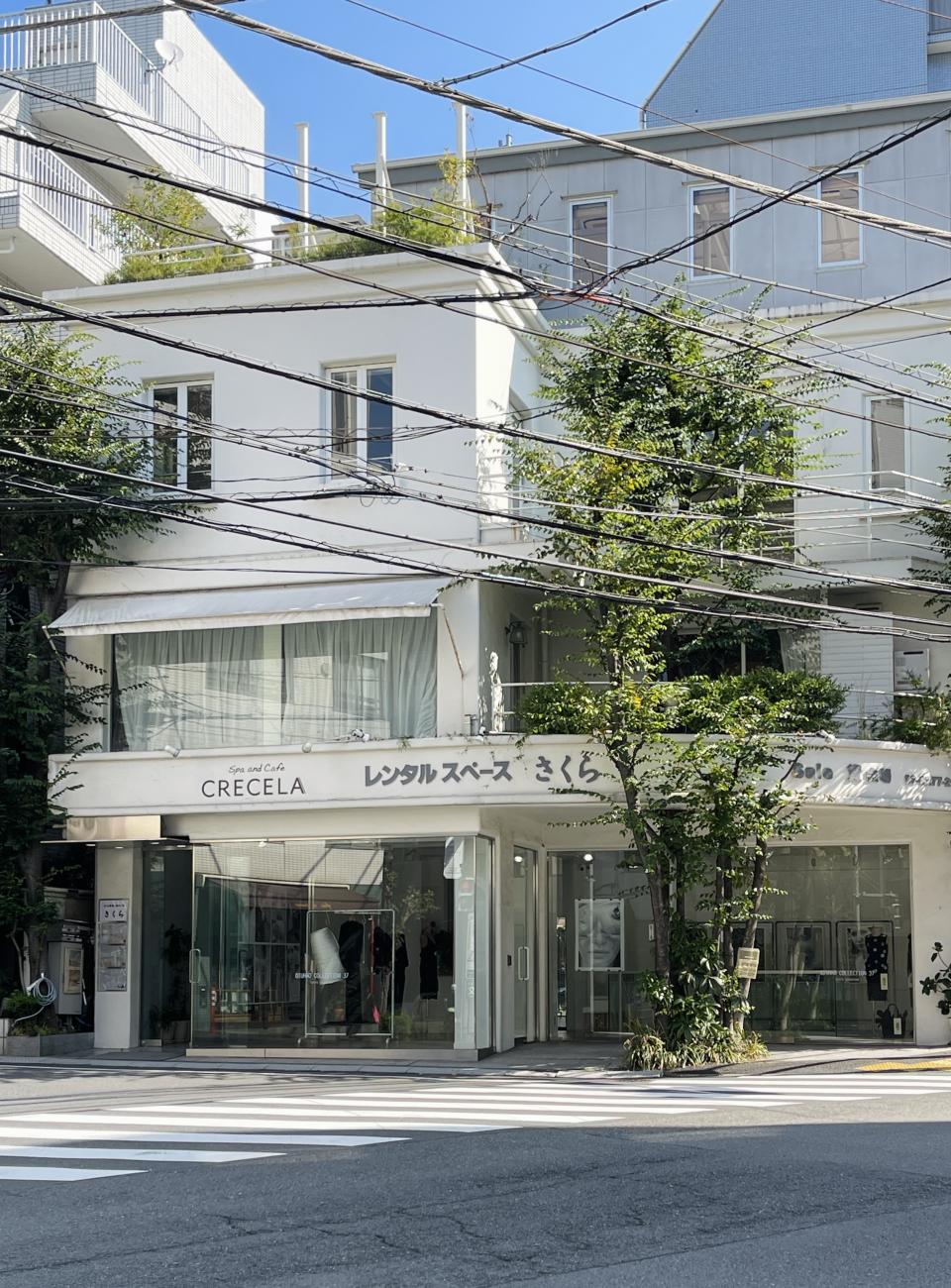
In the latest development of his brand, Qiu set up a Japanese branch of his company and has been actively engaging with local retailers after hosting its first showroom last November, after relocating to Tokyo three seasons ago.
“I named my company ‘Bonsai’ because I want it to embody the spirit of a bonsai. It’s small and beautiful but can live up to a thousand years,” he added.
Best of WWD

